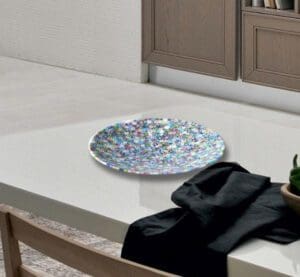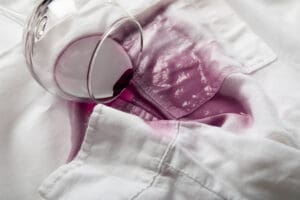Technical clothes are designed to meet the specific needs of people who engage in various activities such as sports, outdoor adventures, or work environments.
They offer the wearer protection, comfort, functionality, and durability, but only if made with the right fabrics. They can assure high quality and performance.
The Importance of Choosing the Right Fabrics for Technical Clothes
Technical clothes are exposed to different environmental conditions, such as heat, cold, humidity, wind, and rain. They also undergo constant stress and friction from body movements and external factors.
Therefore, they need fabrics that can offer optimal performances and meet certain criteria, such as:
- Breathability and moisture-wicking properties: the fabric has to allow air to circulate and sweat to evaporate, keeping the wearer dry and comfortable in different weather conditions and levels of activity.
- Stretch and recovery capabilities: the fabric should be able to stretch and conform to the body shape and movements without losing its shape or elasticity over time.
- Resistance to abrasion, pilling, and tearing: the fabric has to withstand friction, wear and tear, and repeated use and washing without losing quality or appearance.
Characteristics of High-Quality Italian Fabrics for Technical Clothes
Italy is renowned for its textile tradition and innovation, producing some of the finest fabrics in the world. Italian fabrics are known for their high quality, functionality, and style and meet all the criteria we’ve seen in the previous paragraph.
First, Italian manufacturers use natural fibers such as cotton, wool, silk, or linen or synthetic fibers such as polyester, nylon, elastane, or blends of both, to create breathable and moisture-wicking fabrics. These fabrics can regulate body temperature and humidity, keeping the person cool in summer and warm in winter.
Also, the manufacturers use innovative weaving or knitting methods to create fabrics that have stretch and recovery capabilities. For example, they use rib knitting for elastic and flexible fabrics that can stretch and recover, while fleece knitting for warm and cozy fabrics that can trap heat and moisture.
The fabrics adapt to the body shape and movement without sagging or wrinkling and also provide compression and support to the muscles and joints, enhancing their performance and reducing fatigue.
Furthermore, Italian fabrics use high-quality fibers that are strong and durable. These fibers are treated with special finishes or coatings that make them resistant to abrasion, pilling, and tearing. For example, water-repellent treatments make the fabric resistant to water penetration; anti-bacterial treatments prevent odors and infections; UV-protection treatments block harmful sun rays; anti-pilling treatments reduce the formation of small balls of fiber on the surface of the fabric.
Advantages of Using Italian Fabrics in Technical Clothes
Italian fabric manufacturers, such as Carvico, are constantly researching and developing new fabric technologies to improve technical clothes’ functionality and performance. As said, fabrics can have anti-bacterial, anti-odor, anti-static, or UV protection properties that can enhance the hygiene and safety of the wearer. Other fabrics have thermal regulation, water repellency, or windproof properties that protect the wearer from harsh weather conditions.
Also, Italian fabric manufacturers follow strict quality control standards that ensure their products meet the highest expectations of their customers. They also follow ethical production standards that respect the environment and the workers. They use eco-friendly materials, recycled fibers, or organic cotton and avoid harmful chemicals or substances that can pollute the water or soil.
In addition, Italy has a long and prestigious history in the cloth industry. Since the Middle Ages, Italian fabrics have evolved and diversified, incorporating new fibers, techniques, and designs but always maintaining their distinctive quality and style. Italian fabrics are synonymous with excellence, innovation, and elegance, and they represent a valuable asset for technical clothes that want to stand out in the market.
Lastly, Italian fabrics can transform technical clothes into fashionable pieces. The fabrics use colors, patterns, textures, prints, and embellishments that reflect the latest trends and add elegance, thus enhancing the aesthetic appeal of the clothes.
In conclusion, Italian fabrics meet all the demands regarding comfort, durability, and protection. You can achieve the perfect blend of style and performance by choosing them.









